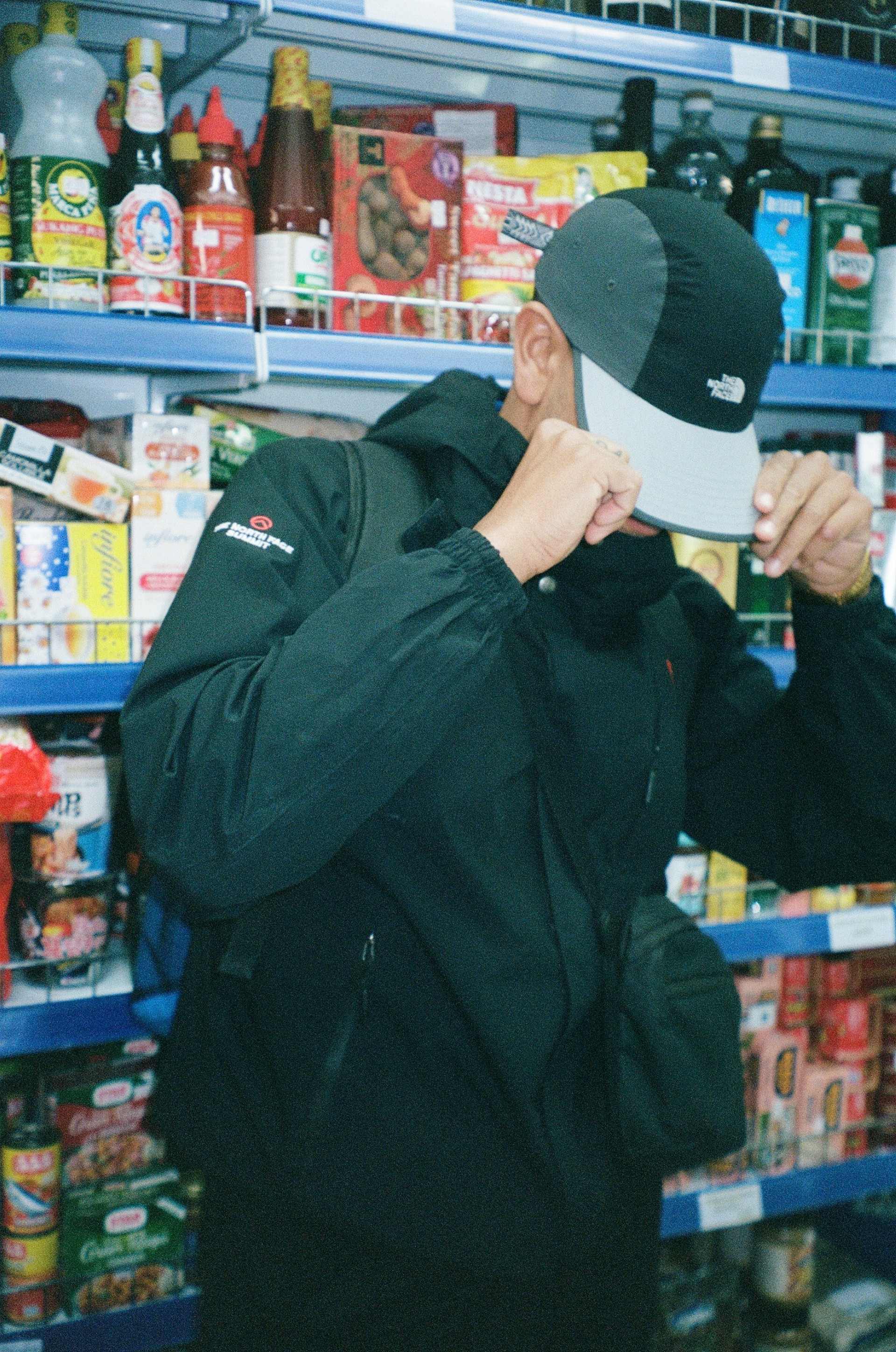Ronald Pizzoferrato (born 1988 in Caracas, Venezuela) is a Venezuelan visual artist and photographer based in Bern since 2014. His work is the result of long ethnographic research with a visual focus. Pizzoferrato documents and investigates social phenomena and conflicts in his native Venezuela. He also works on international projects related to identity, migration, violence, and decolonization. His research methods include design ethnographic methodology (workshops, interviews, participant observation, artifact collection, netnography, social media research, etc.), photography, audio recording, and videography.
In the summer of 2020, Pizzoferrato completed his master’s degree in art & design with a specialization in 'Trends & Identity' at the Zurich University of the Arts (ZHdK), where he was admitted 'sur dossier'. For his master's project 'Plomo' on the semiotics of violence in Caracas, he received the Förderpreis 2020. His photographic career began in Switzerland, when he won the Globetrotter World Photo Prize in 2018 with his project on Caracas.
Title or Research Project:
Performing Citizenship: social media, Identity, and the Venezuelan Diaspora in the U.S.
Research Overview
My research investigates how Venezuelan migrants strategically perform their national identity across social and digital contexts to navigate inclusion and exclusion.
Using a mixed methods approach that combines ethnographic fieldwork, digital ethnography, visual analysis, and interviews, I explore how citizenship takes shape and is challenged in digital spaces. By examining the intersection of migration, social class, and digital platforms, I aim to uncover the mechanisms that shape identity negotiation in transnational settings.
The Venezuelan diaspora is more than a movement of people-it is a fragmented narrative unfolding across borders, carried through bodies, voices, and digital traces. Migration, often reduced to statistics and policies, is instead a deeply human experience, an ongoing negotiation of belonging and exclusion. In the streets, in the markets, in the hurried conversations between one job and another, identity is shaped and reshaped, but it is in digital spaces where these transformations become most visible, urgent, and contested.
My research grows out of a personal experience of displacement and observation, one that has taken me across the American continent documenting the lives of Venezuelan migrants. This identity, however, is not static; it is a fluid, strategic performance-exaggerated in some contexts, subdued in others-depending on the social and economic landscape of the host country.
Digital platforms have become an essential stage for these negotiations of identity and citizenship. On social media, Venezuelans construct their own narratives, balancing between nostalgia and adaptation, resistance and conformity. The upper-class exiles, the ones who left early, tend to project an identity aligned with Western aspirations-orderly, neoliberal, distanced from the disorder they claim to have escaped. Meanwhile, the more recent waves of working-class migrants, those who have walked thousands of kilometers in search of refuge, face not only the hostility of the host society but also rejection from their own compatriots. They are seen as an unwelcome reminder of a Venezuela that the earlier migrants had hoped to leave behind. Social media becomes the battleground where these tensions unfold, where definitions of who is a "good migrant" and who is not are constantly reinforced and contested.
Keywords:
Migration, Design, Photography, Digitalization, Identity, Venezuelan Studies, Digital Humanities, Ethnography, citizenship, self-representation, performative act, Borders
Supervisors:
Prof. Dr. Elize Mazadiego, University of Bern, Institute of Art History
Prof. Dr. Paola Pierri, University of the Arts Bern, Institute of Research Design

